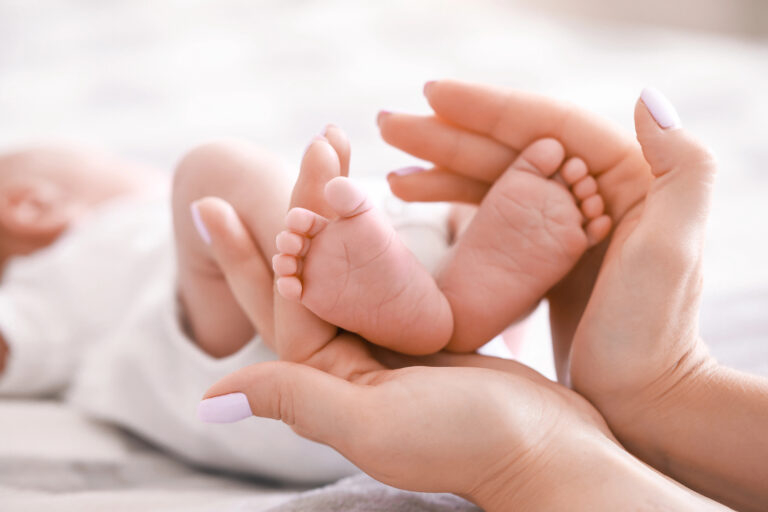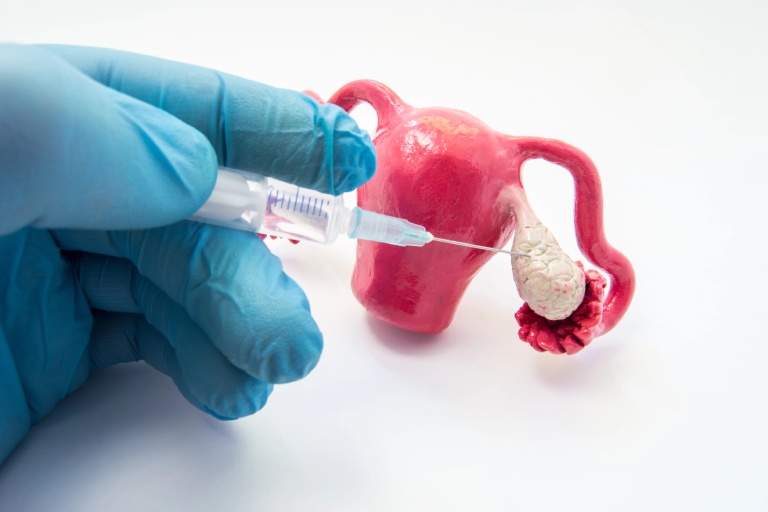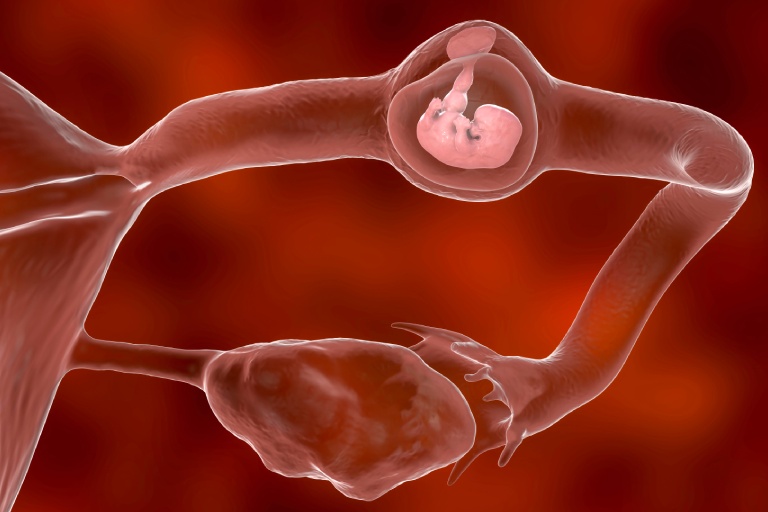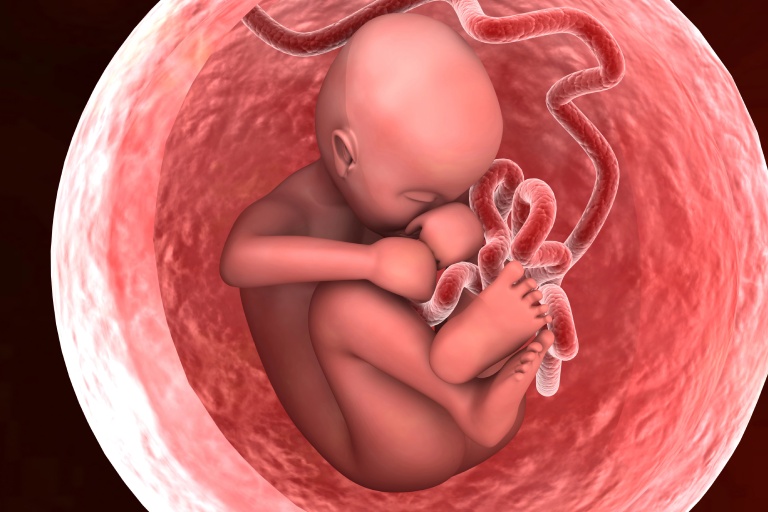
For those considering egg donation, a common question is, “How long does it take to donate eggs?” Egg donation is a rewarding process that allows donors to help individuals and couples achieve their dreams of parenthood.
However, becoming an egg donor requires a time commitment, as the process involves medical screenings, legal agreements, and a structured fertility treatment plan.
In this guide, we will break down how long the egg donation process takes, what each step entails, and the factors that can influence the overall timeline.
The Egg Donation Process: General Timeline
Egg donation is a multi-step process that involves medical, legal, and ethical considerations. The goal is to retrieve high-quality eggs from egg donors that can be used in assisted reproductive treatments, such as in vitro fertilization (IVF).
From start to finish, how long is the egg donation process? While most donations take two to three months, the time frame can vary based on clinic procedures, medical response to medications, and the availability of intended parents.
Each phase of egg donation serves a crucial purpose, ensuring that the donor is healthy, medically suitable, and legally protected throughout the process. Below is a step-by-step breakdown of the timeline.
Step-by-Step Breakdown Of Egg Donation Process
For those wondering, “how long does the egg donation process take?” the answer depends on multiple factors, including medical evaluations, legal procedures, and the donor’s response to treatment.
Application and Screening (2–6 Weeks)
The first step in becoming an egg donor is completing an application through a fertility clinic or egg donation agency. The application typically includes medical history, lifestyle habits, and genetic background.
Once the application is approved, potential donors undergo a thorough screening process, which includes:
⦁ Medical Tests: Blood work, hormone level checks, and ovarian reserve testing.
⦁ Ultrasounds: To assess ovarian health and fertility potential.
⦁ Psychological Evaluation: To ensure donors understand the emotional and ethical aspects of the process.
⦁ Genetic Screening: In some cases, genetic testing is conducted to rule out hereditary conditions.
This phase may take anywhere from two to six weeks, depending on appointment availability and how quickly test results are processed.
Legal Agreements (1–2 Weeks)
Before the medical phase begins, egg donors sign a legal contract outlining their rights and responsibilities. This step is crucial for ensuring that all parties understand their roles in the donation process.
The contract is designed to:
⦁ Establish that the donor has no parental rights or responsibilities.
⦁ Clarify financial compensation and medical care coverage.
⦁ Protect the rights of both the donor and the intended parents.
The legal process typically takes one to two weeks, but it can be delayed if there are negotiations or legal reviews.
Ovarian Stimulation and Monitoring (10–14 Days)
Once the legal documents are signed, the donor begins the medical phase, which involves ovarian stimulation. During this step, the donor self-administers daily hormone injections to encourage the ovaries to produce multiple mature eggs.
The stimulation period lasts 10 to 14 days and requires regular visits to the fertility clinic for:
⦁ Blood tests to monitor hormone levels.
⦁ Ultrasounds to track egg development.
⦁ Adjustments to medication doses if necessary.
While the injections may seem intimidating at first, donors receive thorough guidance from medical professionals to ensure proper administration.
Egg Retrieval (1 Day + 1–2 Days of Recovery)
Once the eggs have reached optimal maturity, the doctor schedules the egg retrieval procedure. This is a minimally invasive procedure performed under mild sedation and typically lasts 20–30 minutes.
During the procedure:
⦁ A small needle is guided through the vaginal wall to extract mature eggs from the ovaries.
⦁ The donor remains under observation for a short period before being discharged.
⦁ Mild cramping or bloating may occur, but most donors can return to normal activities within 1–2 days.
After retrieval, the eggs are fertilized in a lab for use in IVF treatments, helping intended parents on their path to parenthood.
Factors That Affect How Long the Egg Donation Process Takes
While the egg donation process generally takes two to three months, several factors can affect the duration:
Donor Screening and Approval
Some clinics have a waiting list for new donors, while others require extensive medical testing before approval. The speed of screening depends on test results, availability of appointments, and how quickly paperwork is completed.
Response to Medications
Each donor responds differently to ovarian stimulation. Some may require medication adjustments, which can extend the process by a few days.
Legal and Administrative Delays
If contract negotiations take longer than expected or if additional legal documentation is required, the timeline may be extended.
Matching with Intended Parents
Some donors are pre-matched with intended parents, while others may wait weeks or months before being selected for a cycle. Pre-screened donors often experience a faster process.
Find A Well-Supported and Rewarding Egg Donation Journey
Egg donation is a structured and well-supported process, ensuring that egg donors receive top medical care and guidance. For those considering donating, understanding the time commitment can help them prepare for a smooth and rewarding experience.
At Carrying Dreams, we are committed to making the egg donation journey seamless and fulfilling for both donors and intended parents. As a full-service surrogacy and egg donation agency based in the U.S., we guide egg donors through every step, from screening and matching to medical care and retrieval.
Our agency exclusively works with U.S.-based egg donors, ensuring the highest standards of quality and care. If you’re interested in becoming an egg donor or learning more about the process, we are here to support you every step of the way.



